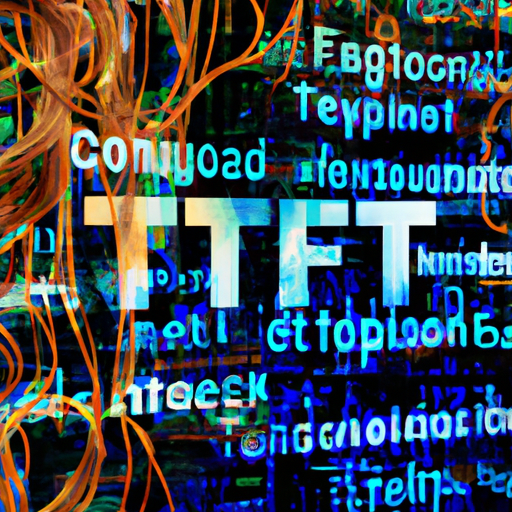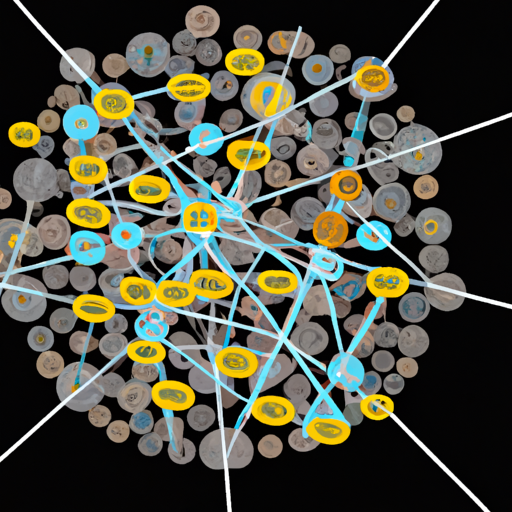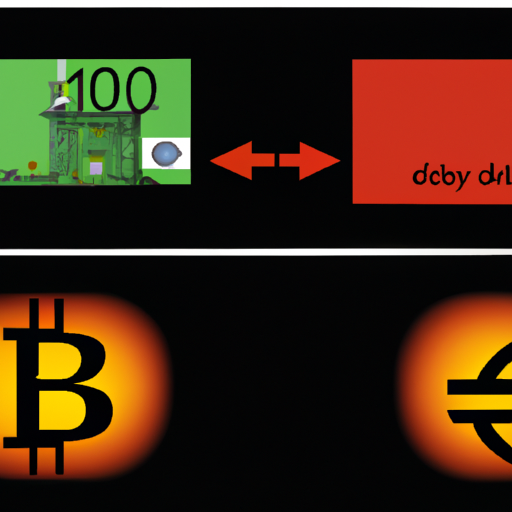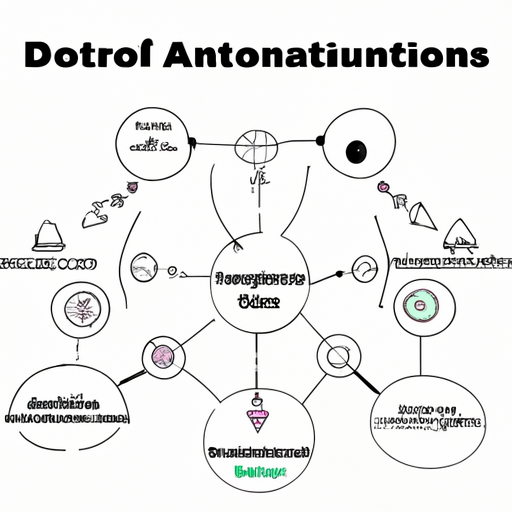
Navigating the World of Non-Fungible Tokens (NFTs)
By: Eliza Bennet
Non-fungible tokens or NFTs have recently burst into the mainstream, captivating the global financial marketplace with their unique value proposition. Unlike standard cryptocurrencies such as Bitcoin or Ethereum, NFTs cannot be exchanged on a like-for-like basis, hence the term 'non-fungible'. Each NFT contains distinctive information or attributes that set it apart from any other token, giving it a unique and inimitable value.
The main attraction of NFTs lies in their ability to tokenize assets and goods in the digital and physical world. From artworks and music to real estate and financial products, the potential applications of NFTs are vast and varied. For instance, digital artist Beeple made headlines recently when his NFT-based artwork sold for a whopping $69 million at Christie’s auction house.
NFTs operate on blockchain technology, primarily the Ethereum blockchain. The transparency and security of blockchain ensure the ownership and origin of NFTs are verifiable and cannot be tampered with. This aspect boosts buyer confidence and ensures the authenticity of the NFT-based product or asset.
Despite the excitement around NFTs, it’s essential to proceed with caution. Like any investment, NFTs come with their own set of risks. The lack of regulation and the volatile nature of the crypto market can lead to significant losses. Therefore, thorough research and understanding are crucial before diving into the NFT marketplace. Explore more about NFTs from trusted sources like Ethereum and OpenSea.



